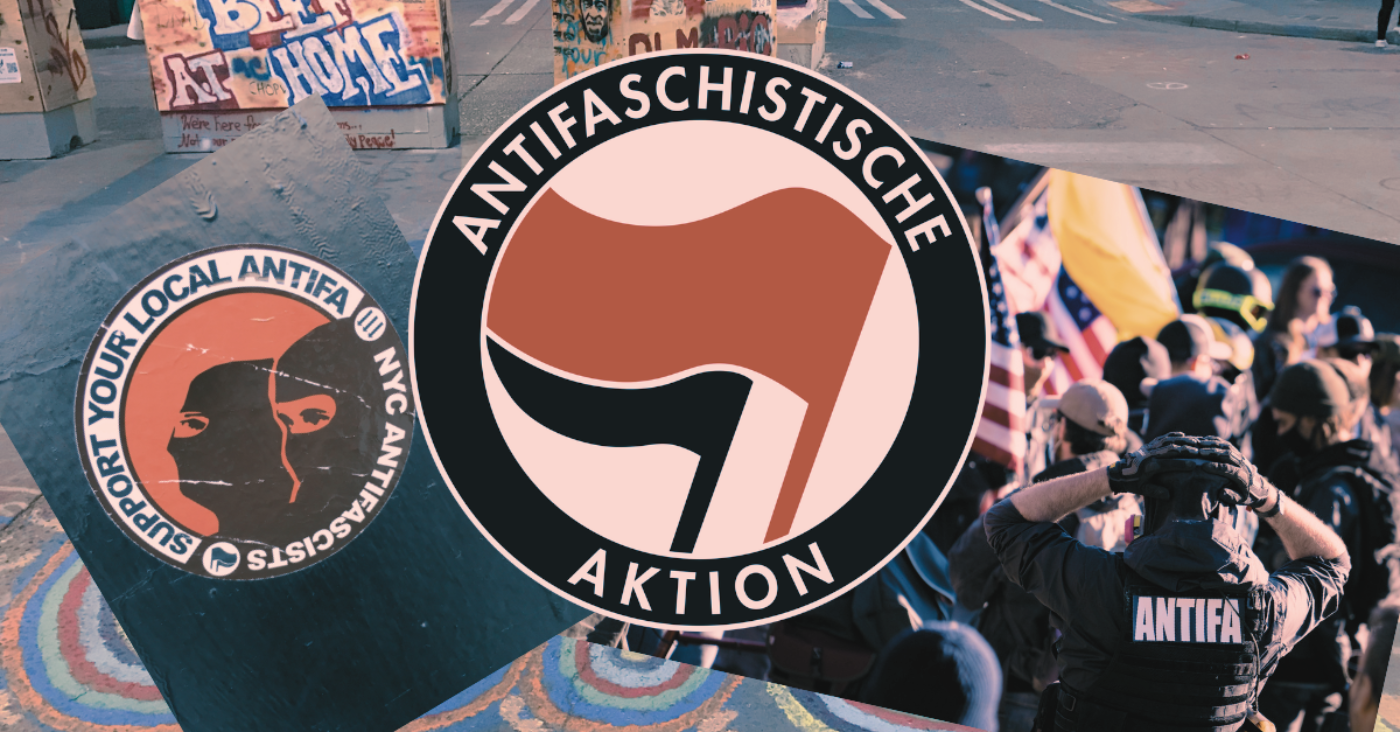In recent years, the Antifa movement has garnered significant attention, particularly following former President Donald Trump's designation of the group as a domestic terror organization. This classification has sparked debate among political commentators and media outlets regarding the implications and legality of such a label.
Explainer Trump Designates Antifa as Domestic Terrorist Organization Amid Protests in Oregon
Antifa, short for anti-fascist, traces its origins to the Antifaschistische Aktion, a paramilitary group formed in Germany in 1932 by the Communist Party of Germany. Historian William L. Shirer noted that the streets of Germany were rife with violence during this period, with over 400 street battles reported in just a few weeks, resulting in numerous fatalities.
Critics argue that the original Antifa's actions were not solely aimed at combating Nazism but were also directed at undermining the political center, including democratic liberals and conservatives. Kyle Shideler, director and senior analyst for Homeland Security and Counterterrorism at the Center for Security Policy, stated, "The original Antifa acted with the explicit purpose of using street violence to disrupt the ability of Germany’s political center to organize."
The legacy of violence associated with Antifa has persisted through various leftist movements in Europe, including the Red Brigade in Italy and the Red Army Faction in Germany. The Red Brigade, active from the 1970s to the 1980s, was responsible for numerous violent acts, including the kidnapping and assassination of former Prime Minister Aldo Moro in 1978. Similarly, the Red Army Faction targeted high-profile figures in West Germany, resulting in at least 34 deaths before its dissolution in 1998.
In the United States, Antifa has evolved through various influences, including the Weather Underground, which conducted a series of bombings in the early 1970s. The modern Antifa movement began to take shape in the early 2000s, with significant visibility during protests against the World Trade Organization in Seattle in 1999 and later during the Occupy Wall Street movement.
Antifa's tactics have included direct confrontations at political events, often resulting in violence and property damage. For instance, in 2019, an individual associated with Antifa attempted to attack an ICE facility with an AR-15. In 2020, a self-identified Antifa member was involved in a fatal shooting during a protest, leading to further scrutiny of the group's activities.
Supporters of Antifa argue that the movement is fundamentally about opposing fascism and protecting marginalized communities. They contend that the media often mischaracterizes the group as a violent organization rather than recognizing its role in advocating for social justice. However, critics maintain that Antifa's methods undermine democratic discourse and contribute to a climate of fear.
Joshua Monnington, an assistant editor at The Federalist, emphasized the ideological continuity between Antifa and its historical predecessors, stating, "Antifa's use of political violence, force, and intimidation offers compelling proof that it is the ideological successor of Antifaschistische Aktion and its progeny."
As the debate surrounding Antifa continues, the potential for escalation in violent tactics remains a concern for many observers. The historical context of leftist violence in Europe raises questions about the future trajectory of the movement in the United States. With a growing focus on identity politics, Antifa's actions are often framed within a broader narrative of oppression and resistance, complicating the discourse around its legitimacy and impact on American society.
Why it matters
- Trump's designation of Antifa as a domestic terror organization has intensified national debate on political violence and civil liberties.
- The historical context of Antifa's origins raises concerns about the potential for escalating violence in contemporary movements.
- Critics argue that Antifa's tactics undermine democratic discourse, while supporters claim they protect marginalized communities.
What’s next
- Ongoing investigations into Antifa-related violence may lead to further legal actions against individuals associated with the group.
- Political leaders are expected to address the implications of Trump's designation in upcoming legislative sessions.
- Public forums and debates are likely to be organized to discuss the impact of Antifa on American society.
